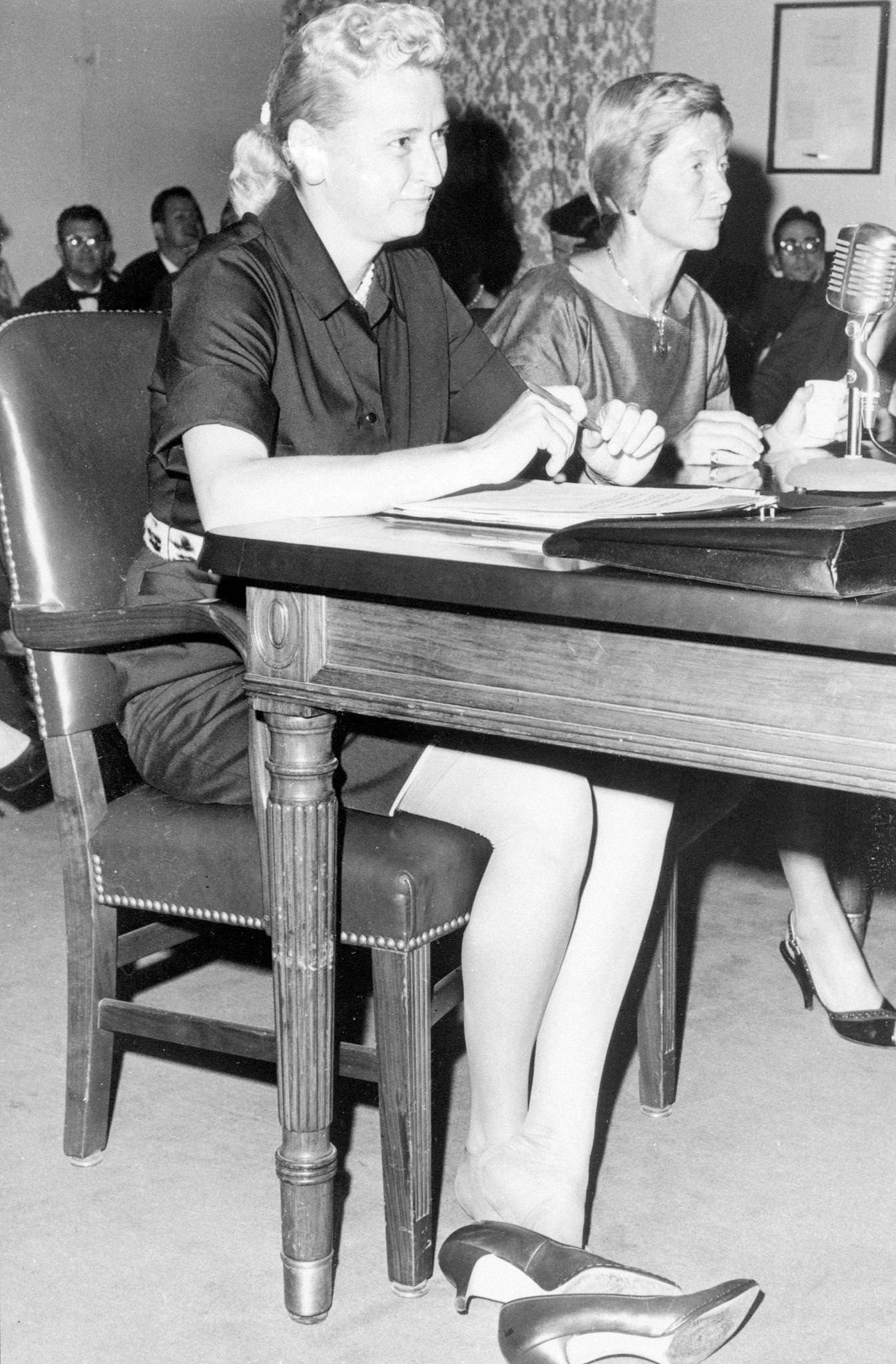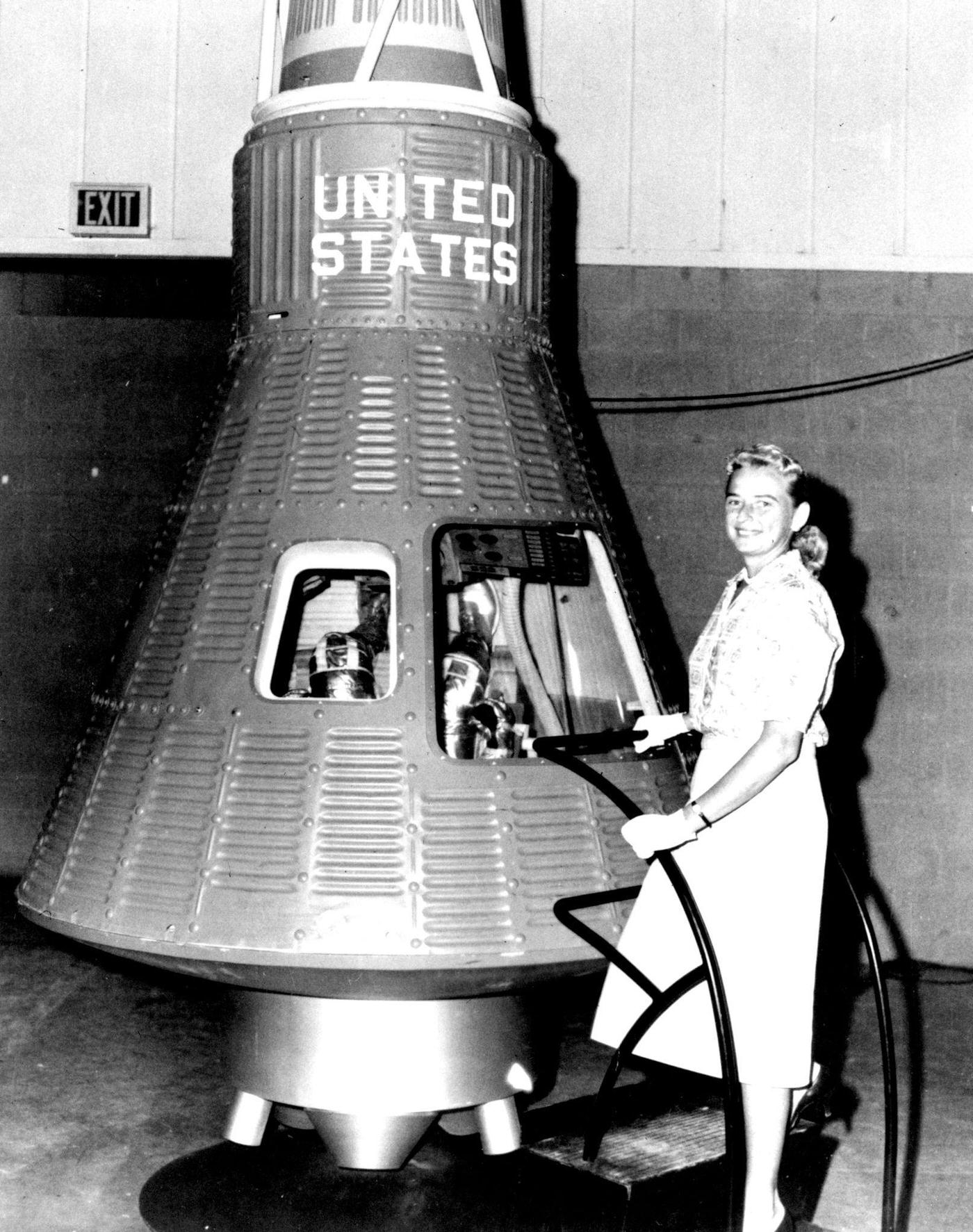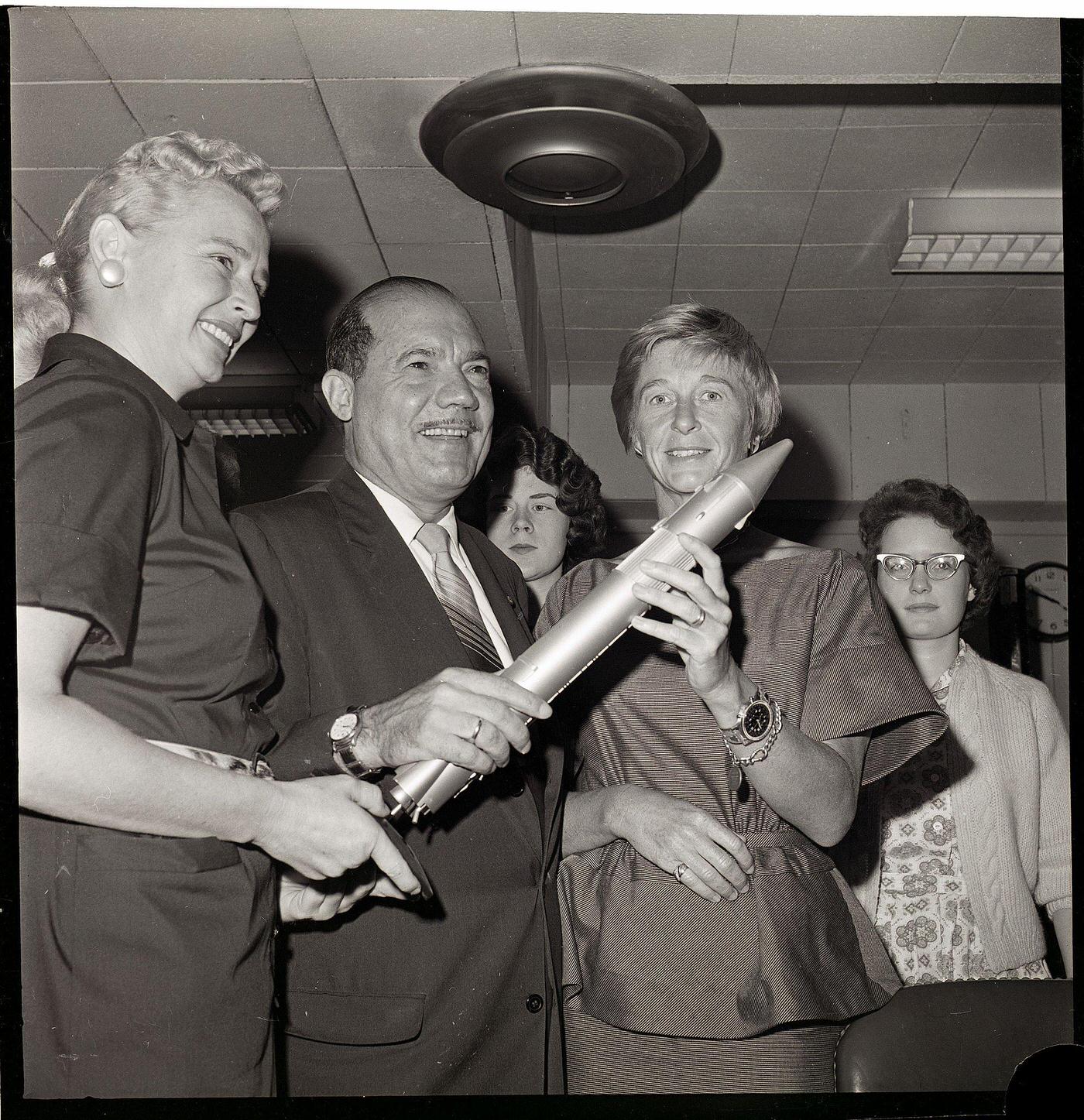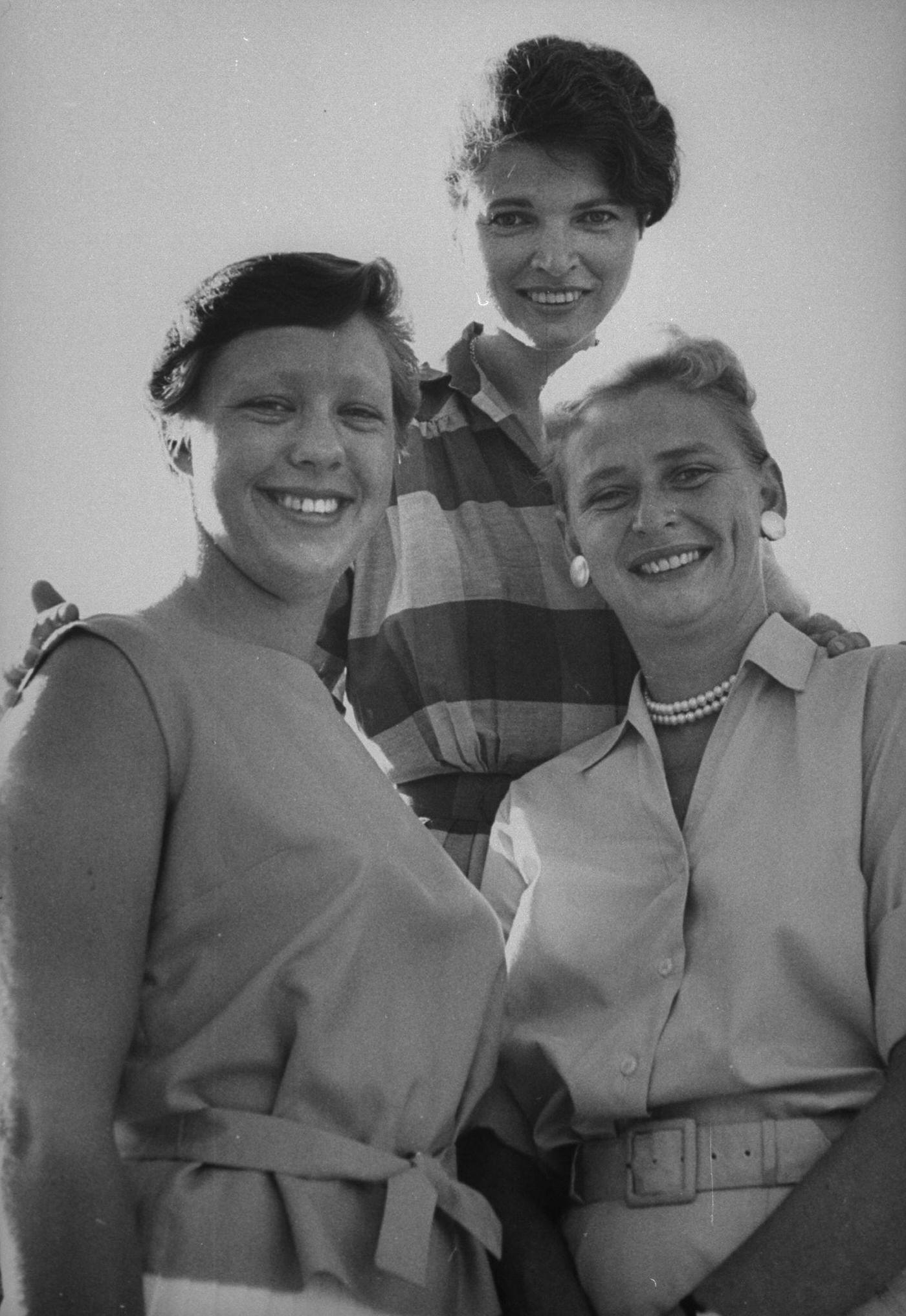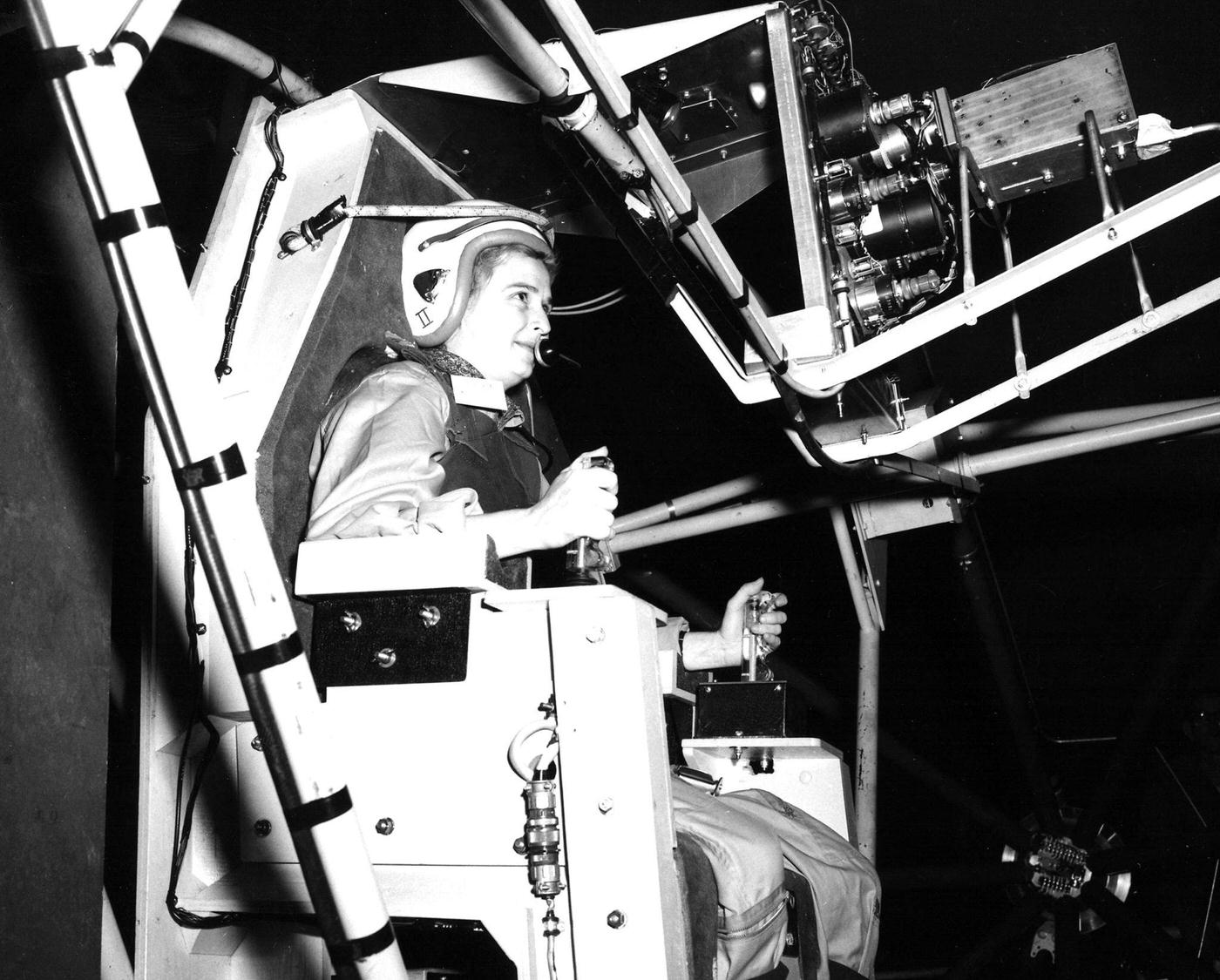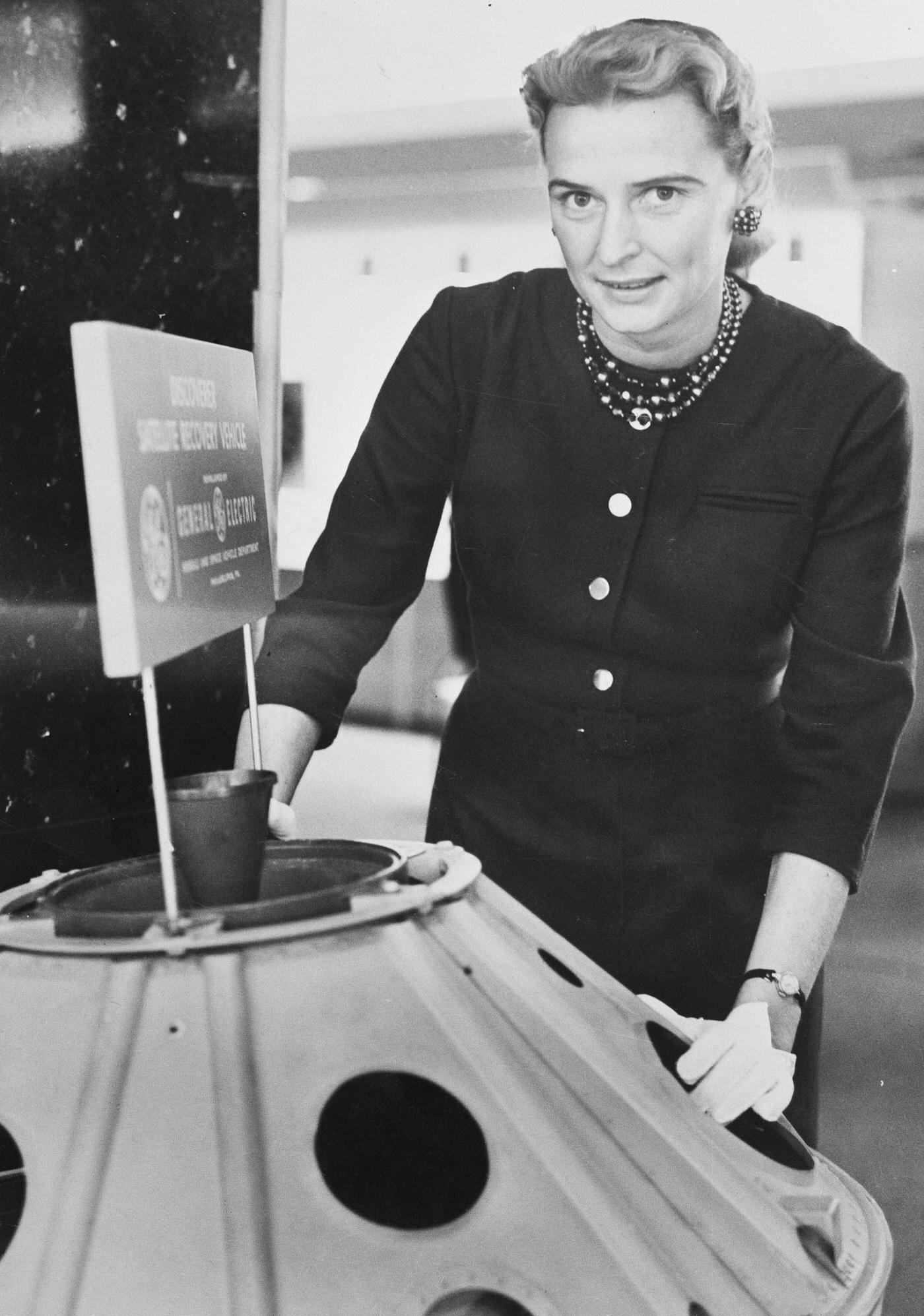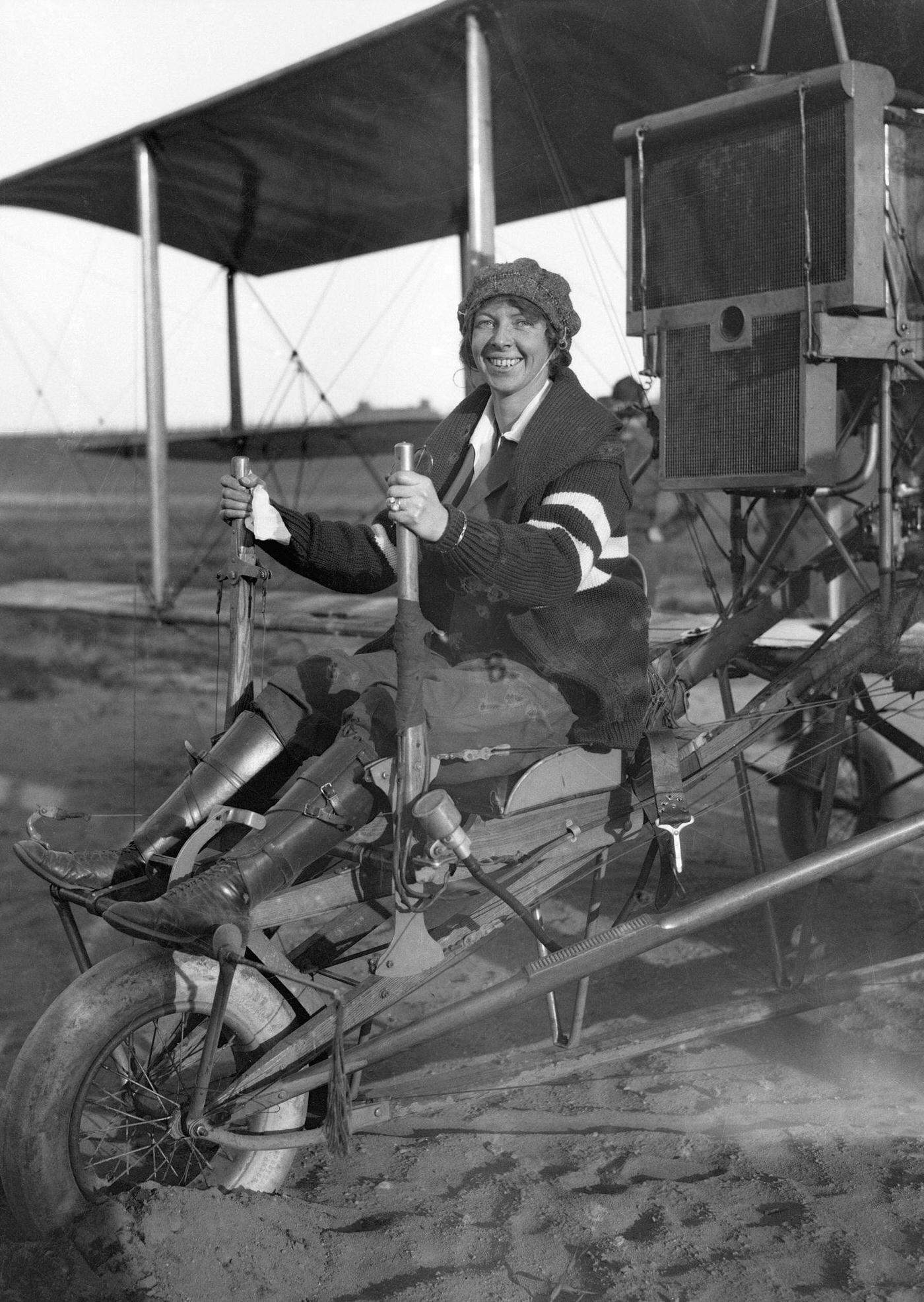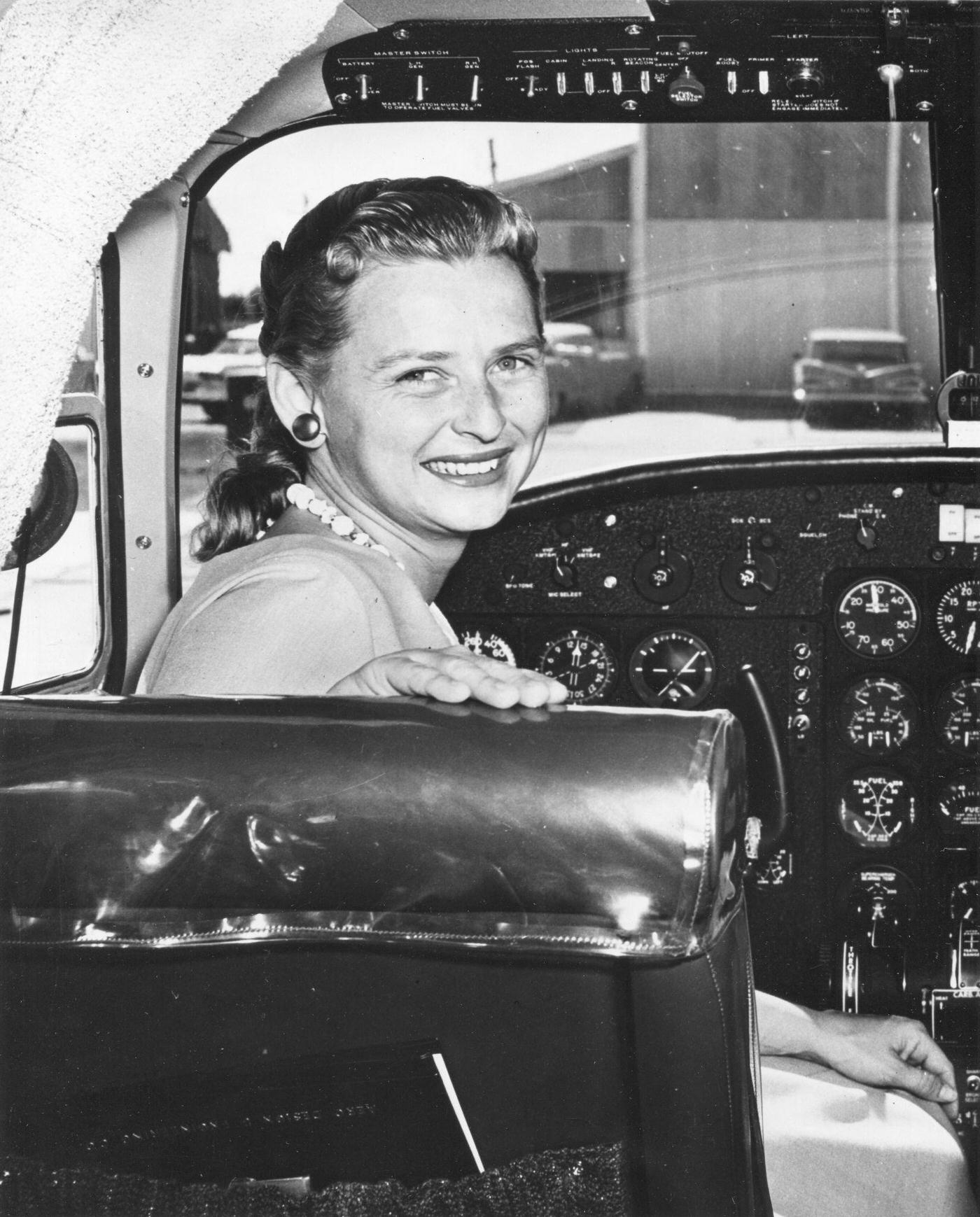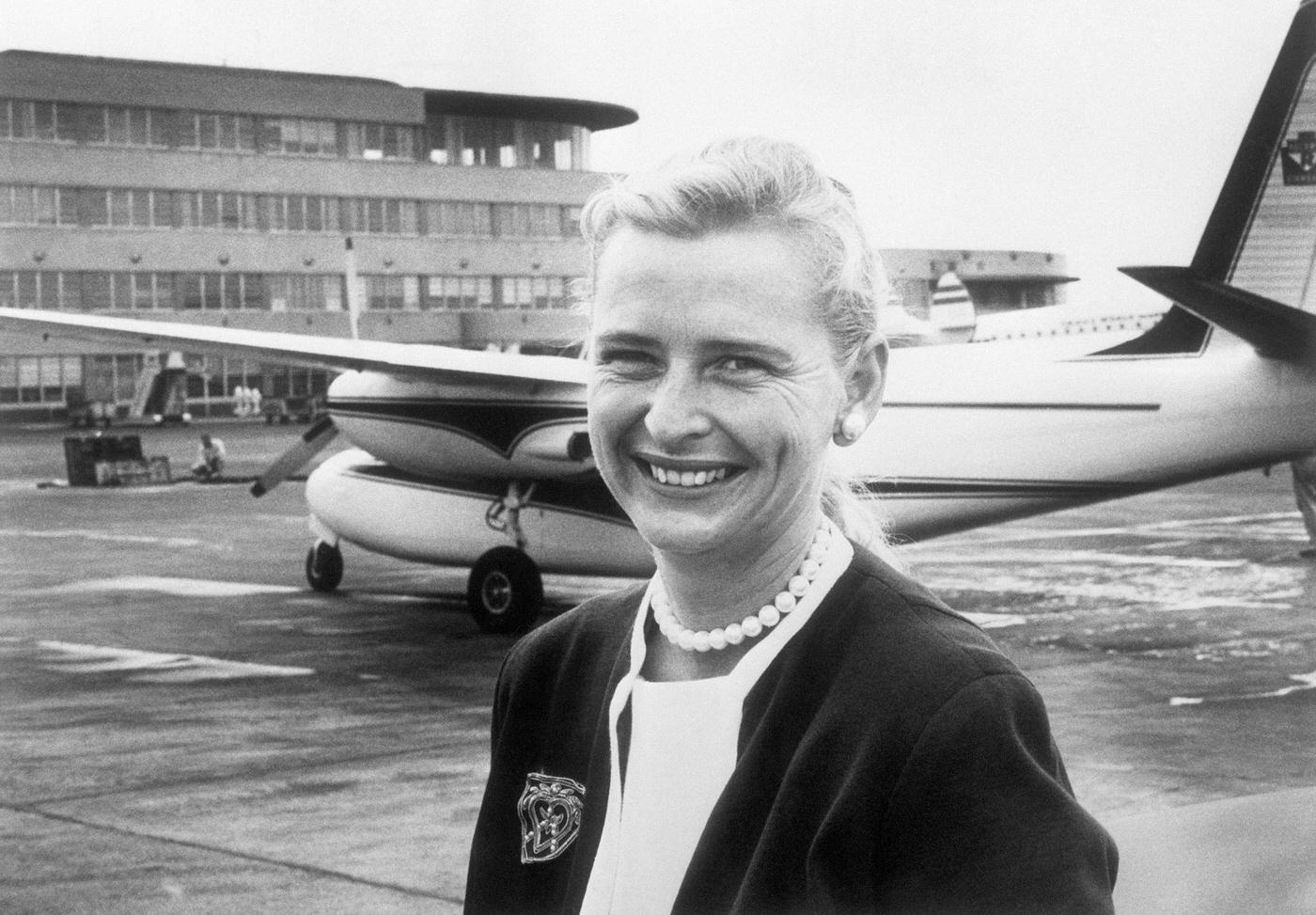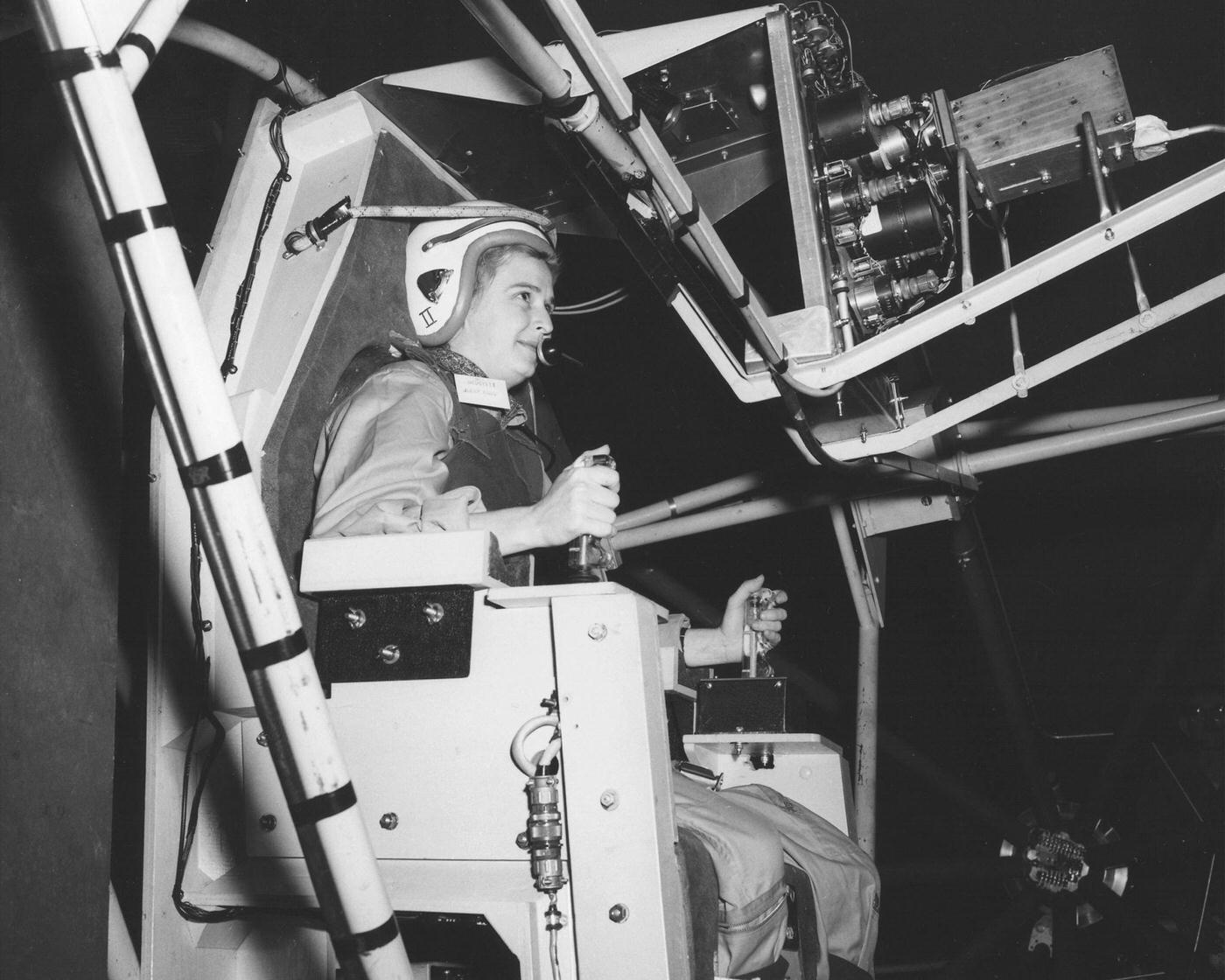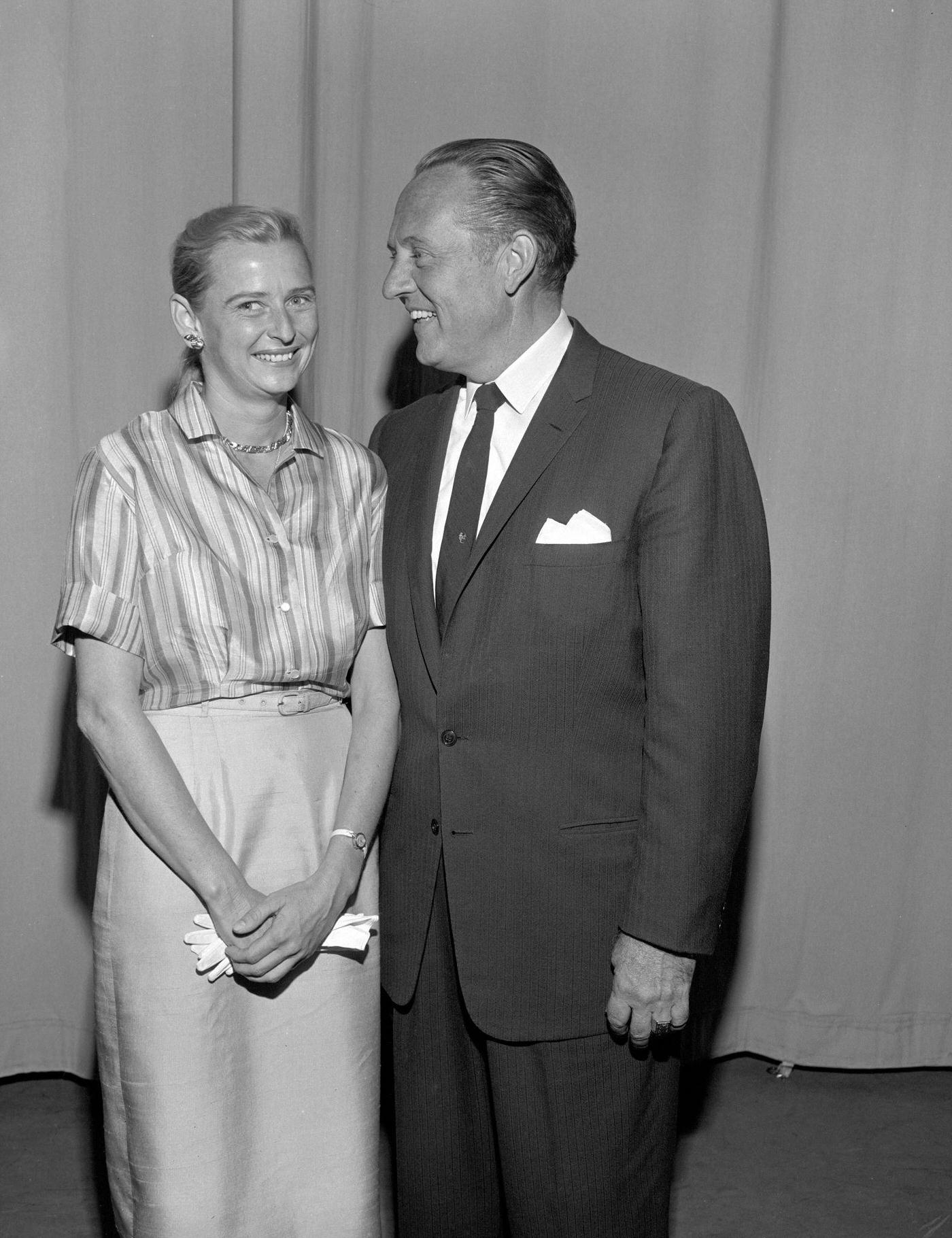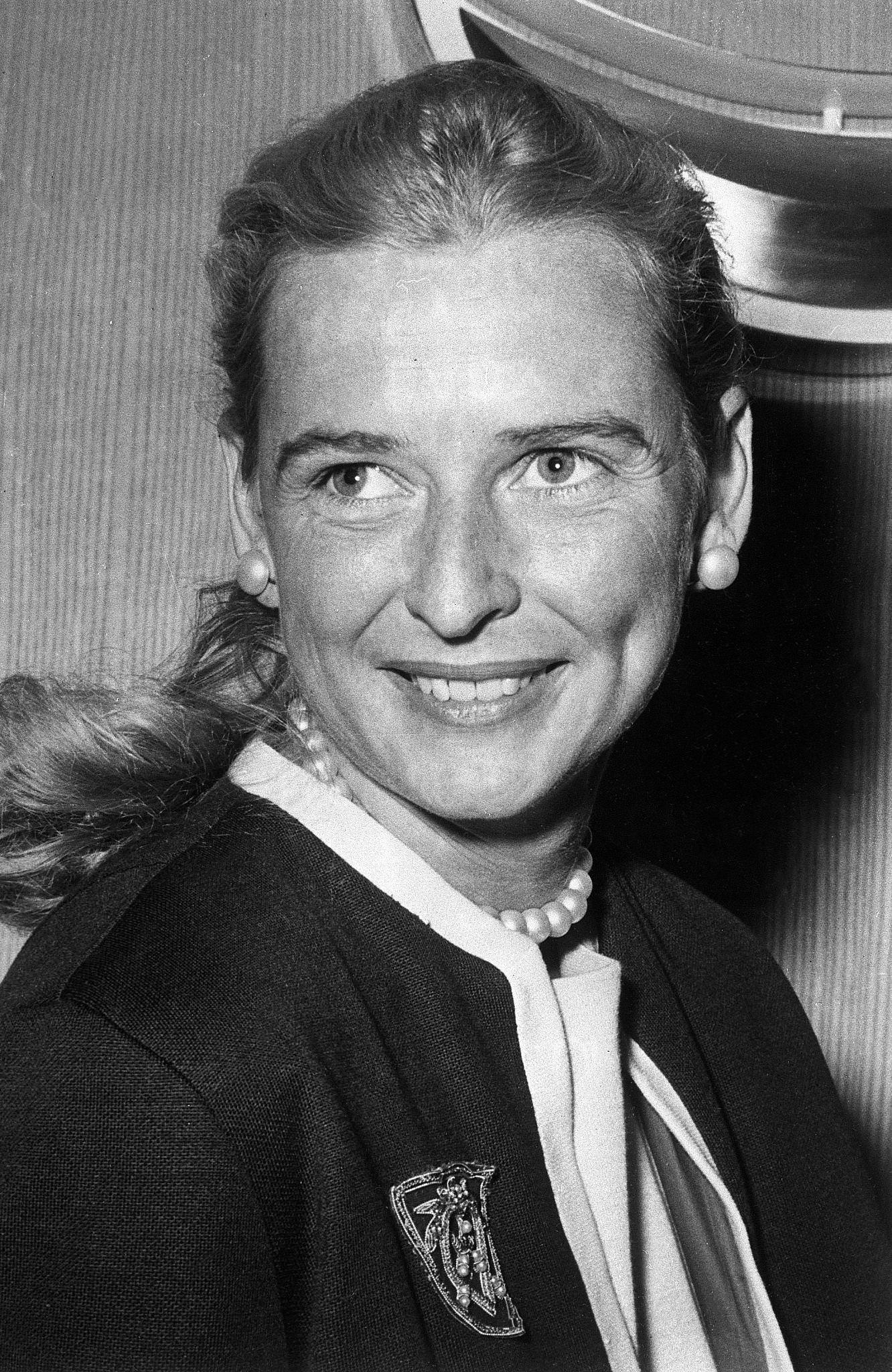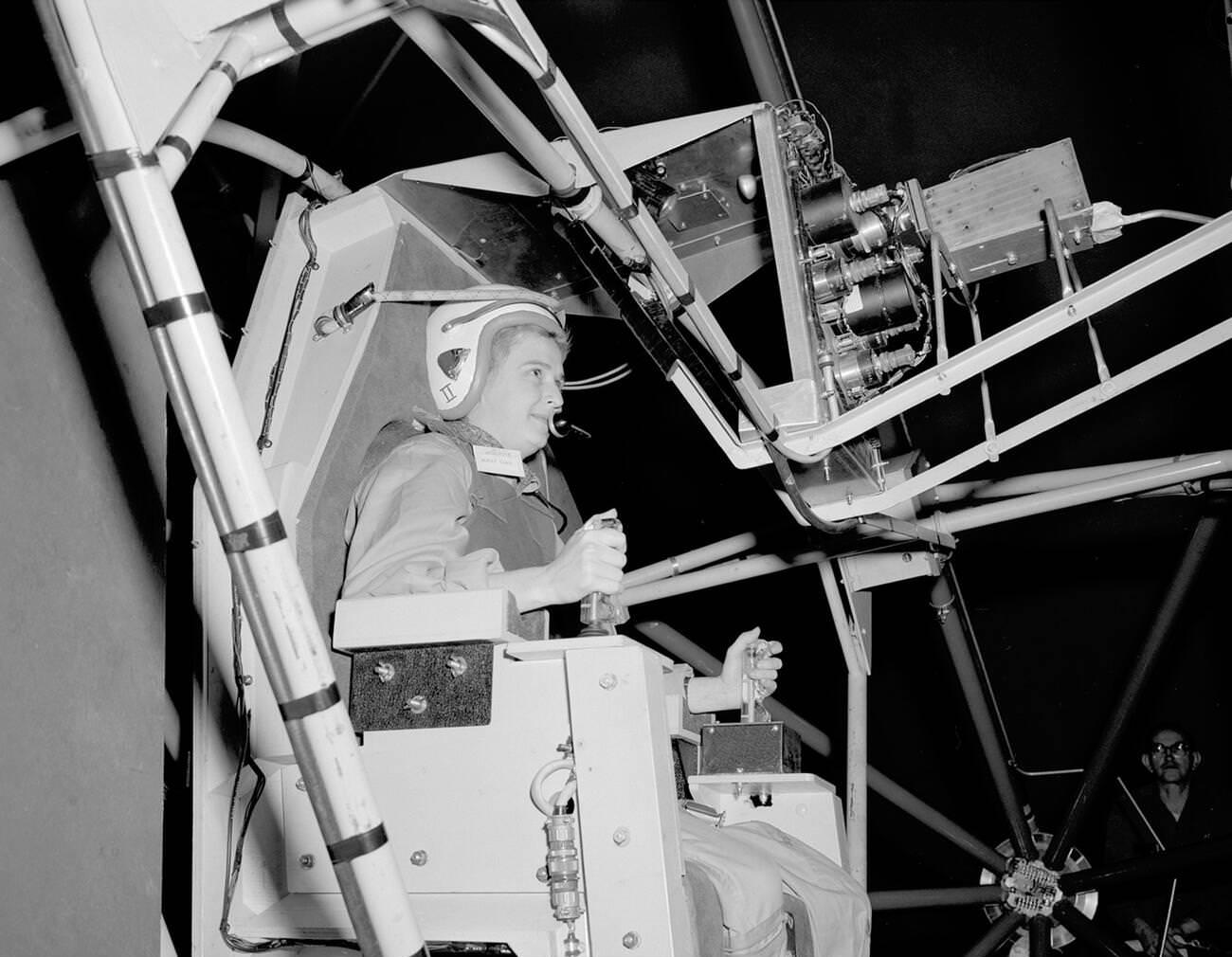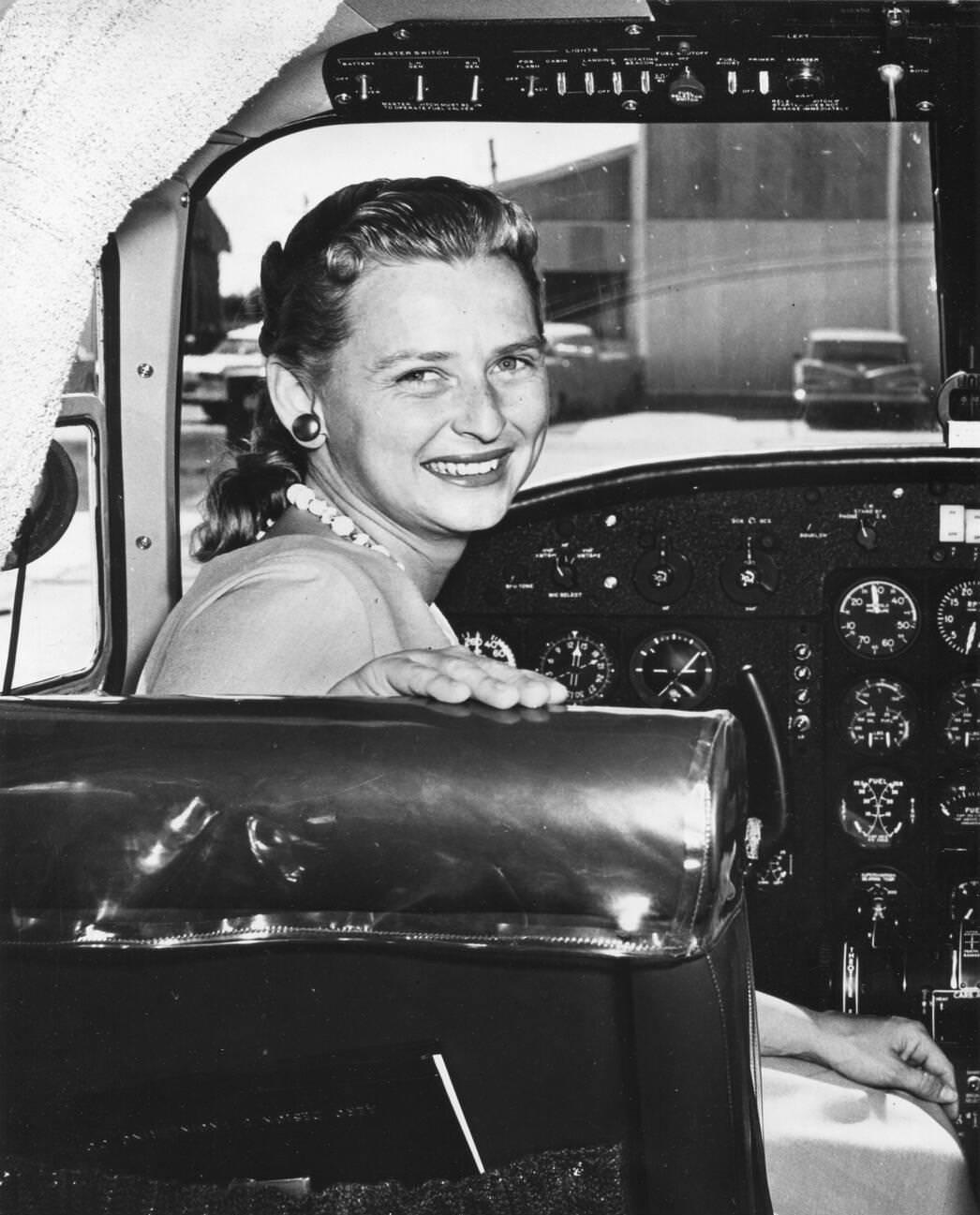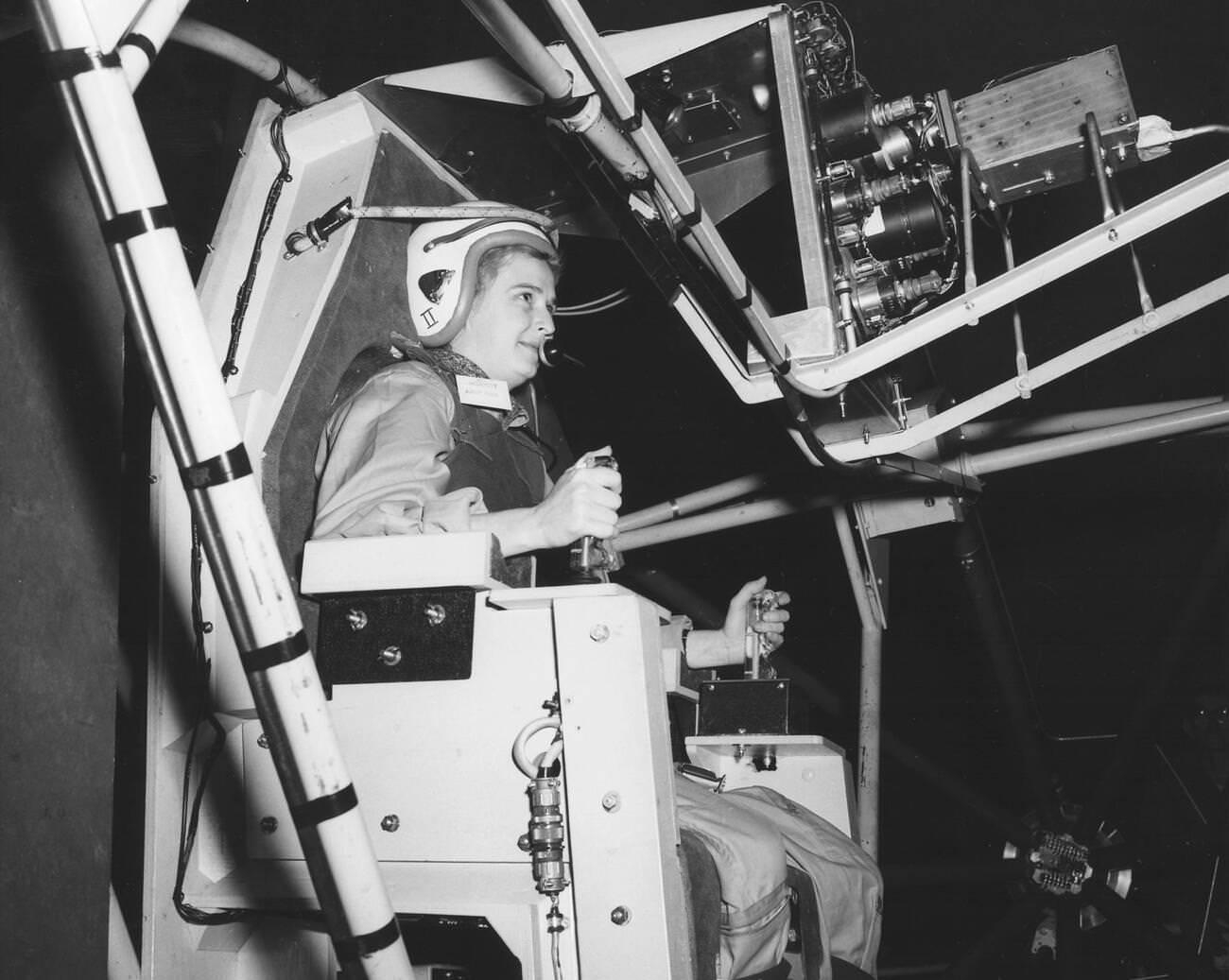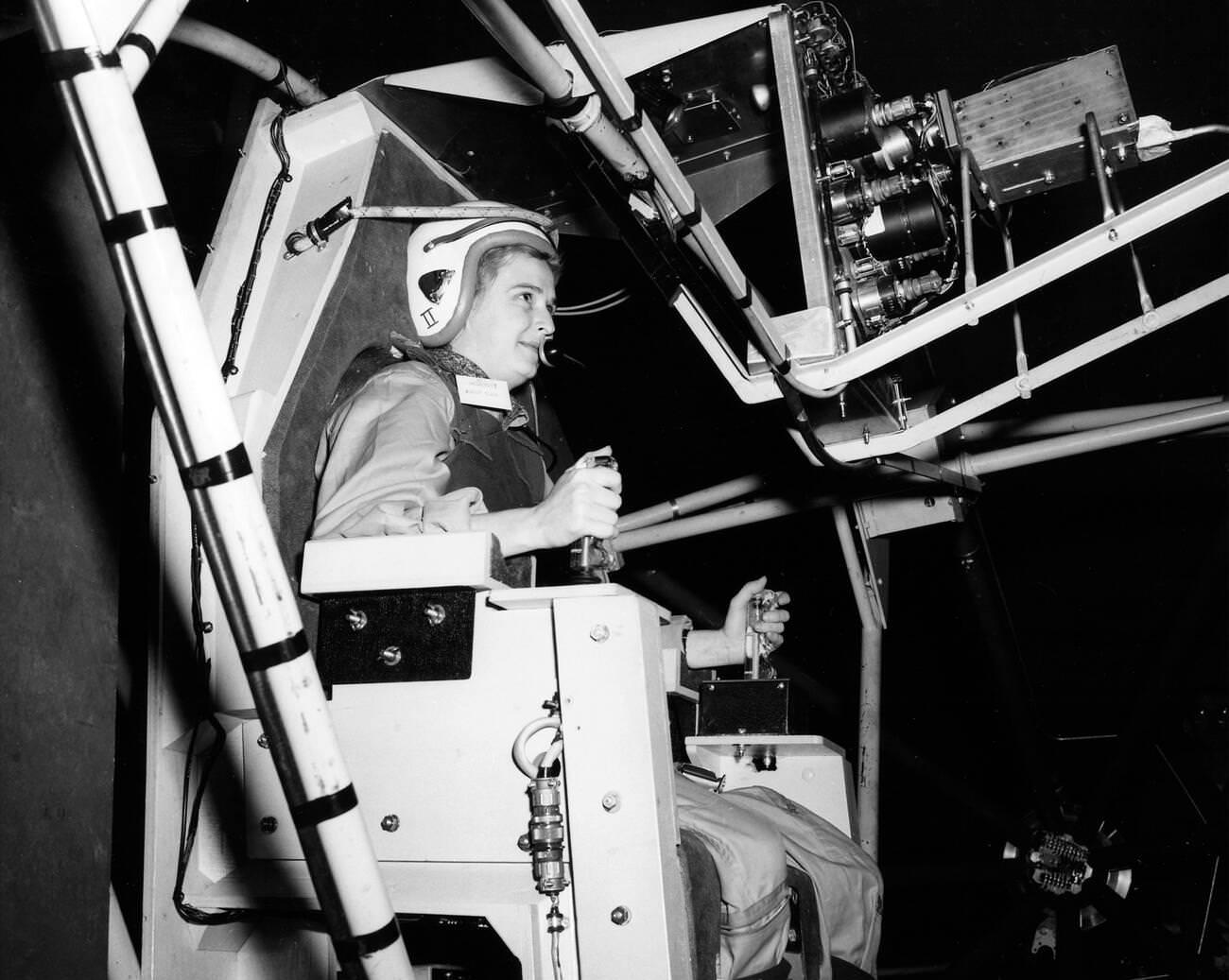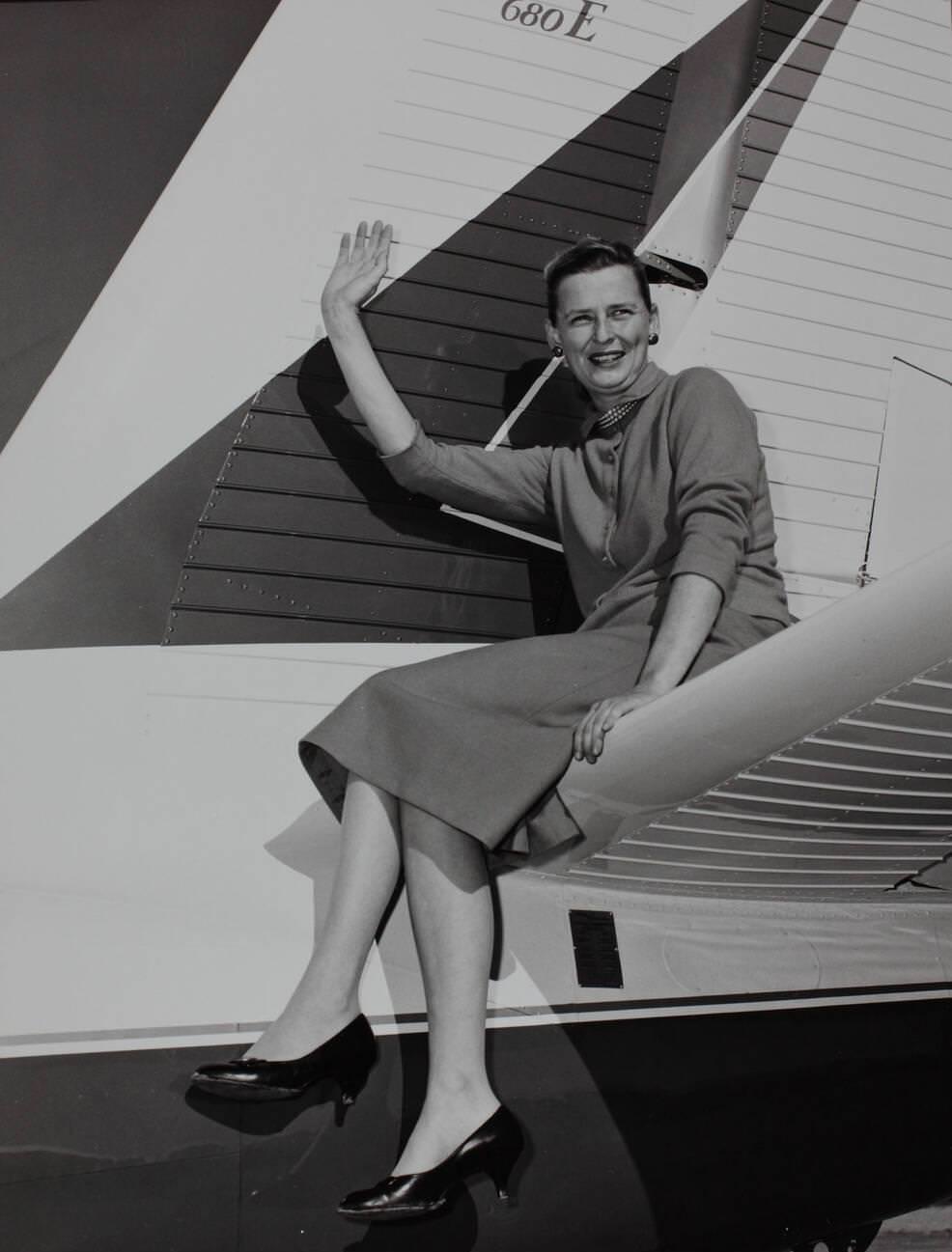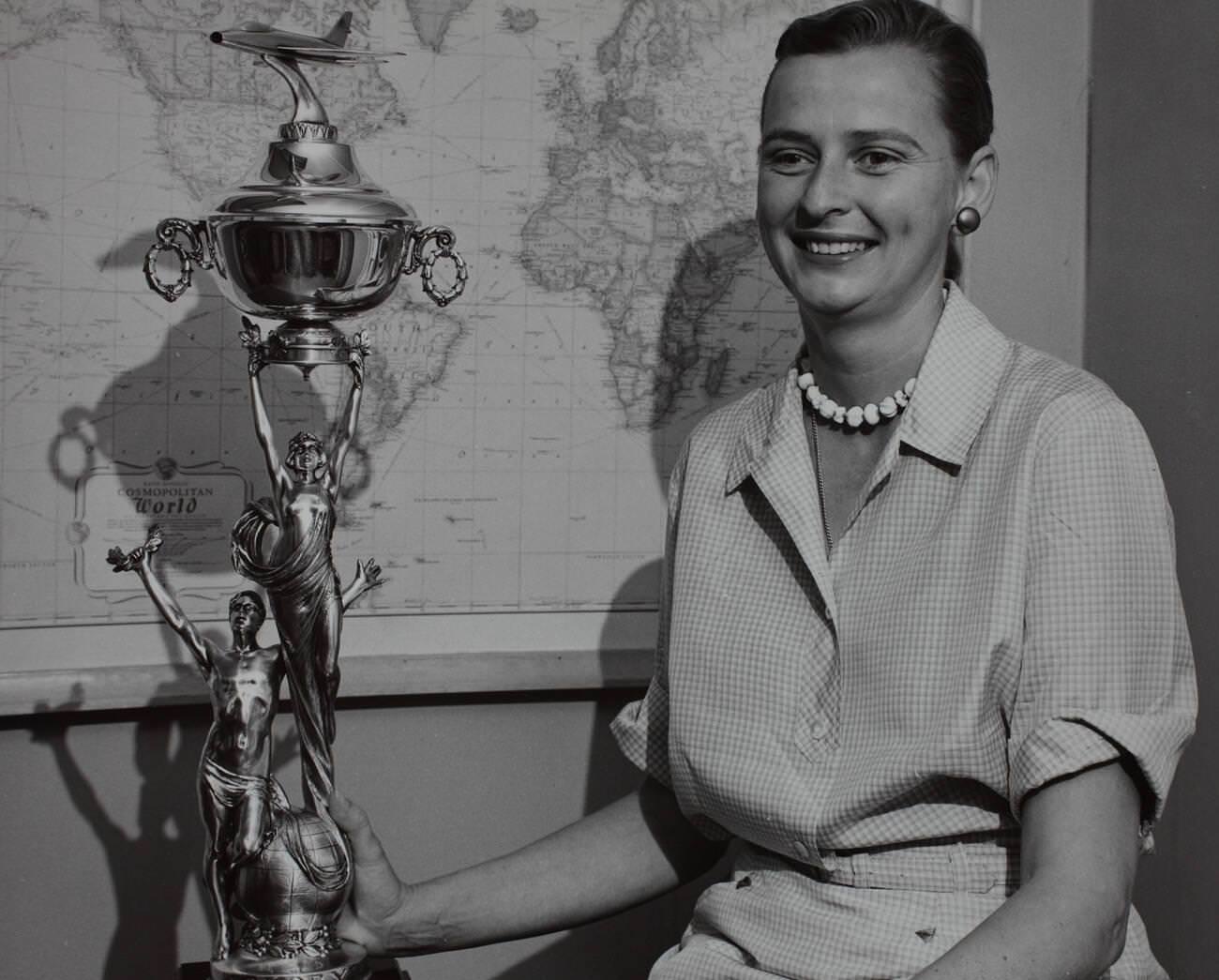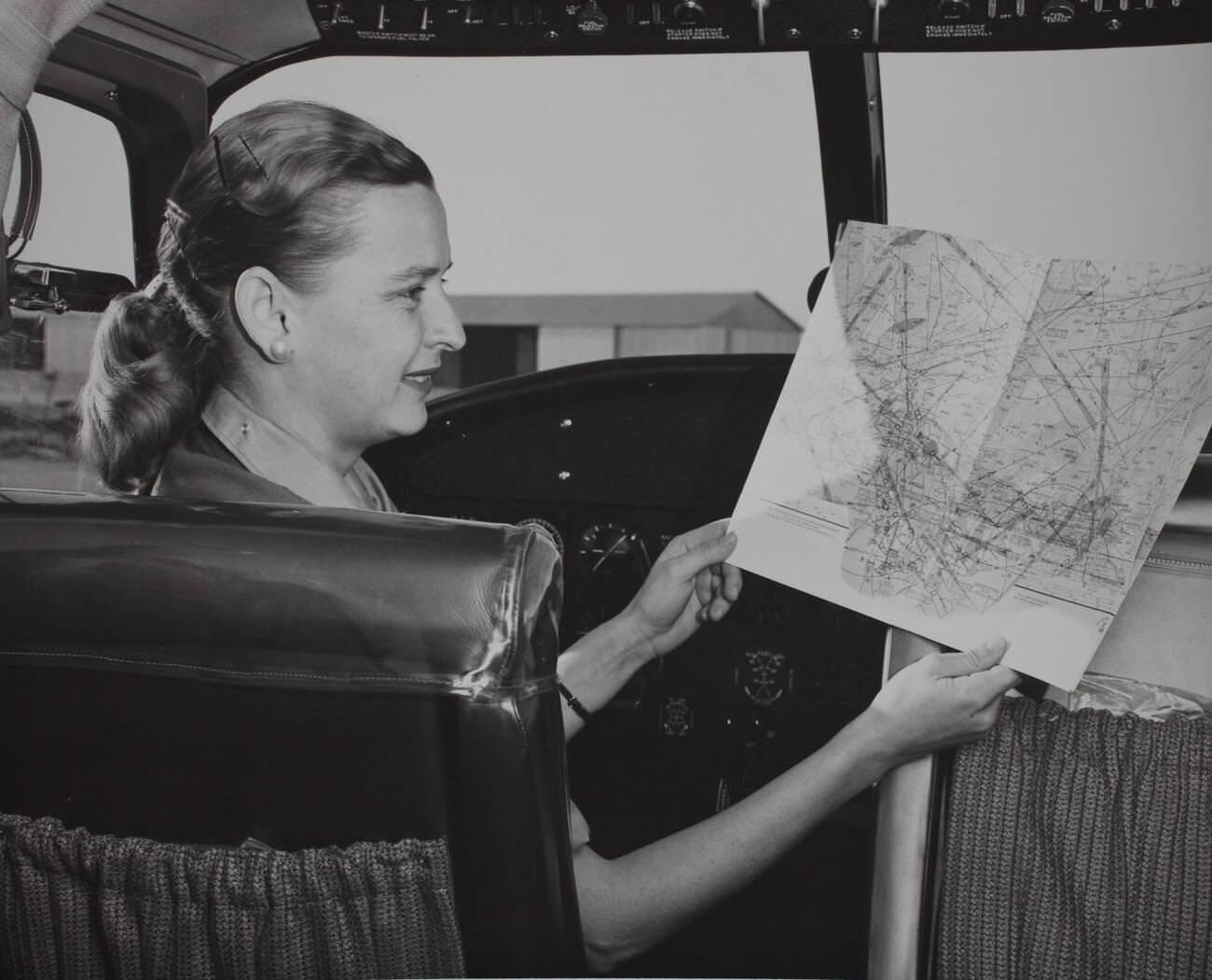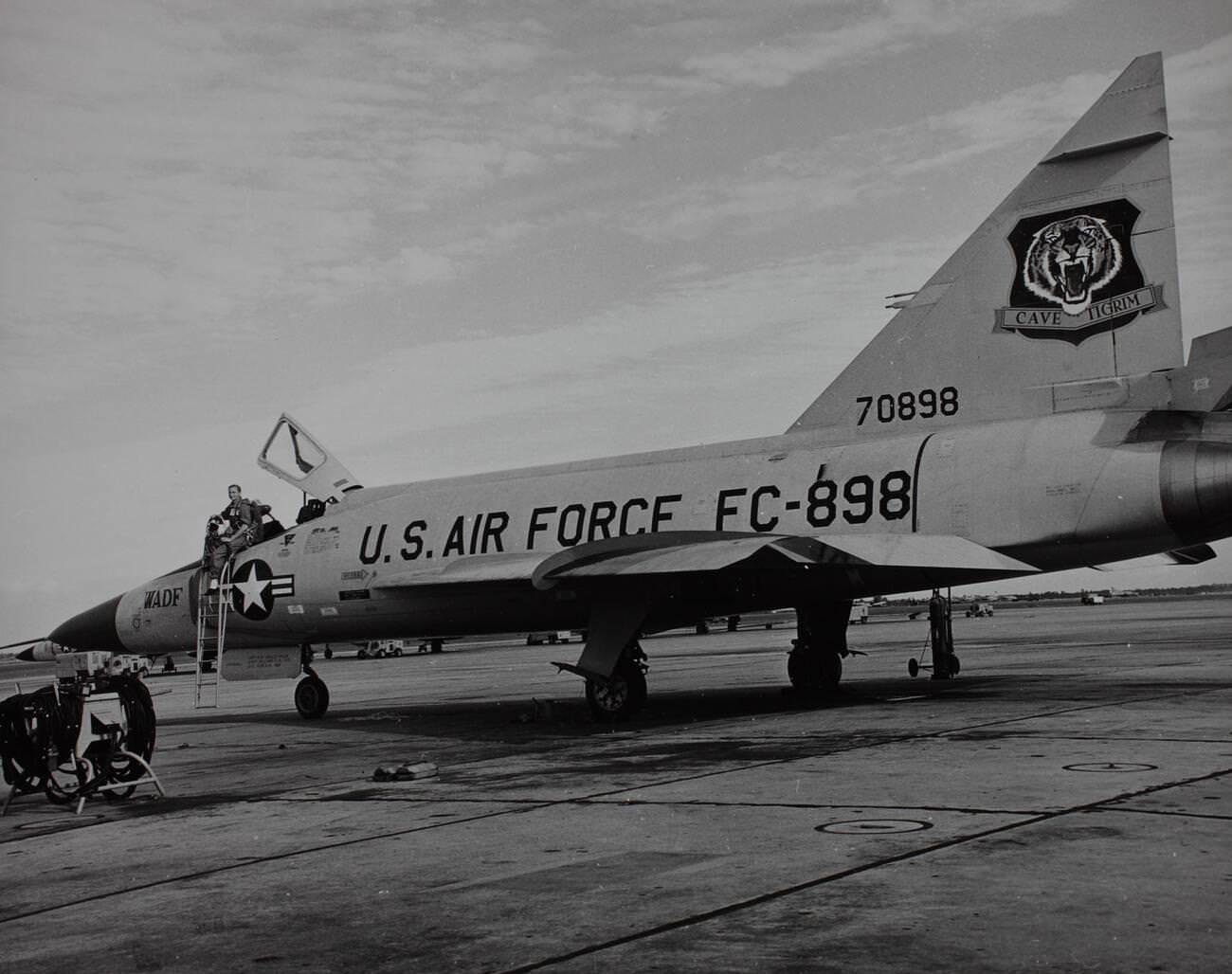Born in 1931 in Oklahoma, Jerrie Cobb’s love for flying was evident early on. At a tender age of 12, she took her first solo flight, and by the time she was in her early twenties, she was teaching men to fly military aircraft. The skies, it seemed, were not just a playground for Cobb; they were a calling.
Her extensive experience and remarkable flying skills soon led her to an even greater adventure: space. In 1960, just a year after NASA had selected its first group of astronauts, Cobb became the first woman to undergo the same grueling astronaut testing process. The tests were intense, spanning days and including a series of physical, psychological, and medical examinations. However, Cobb wasn’t just participating; she was excelling, outperforming her male counterparts in several areas.
Yet, despite her exceptional performance, the journey to space wasn’t smooth for Cobb. The 1960s was a period rife with gender biases, and many believed space was a man’s domain. Cobb was side-lined, and while she was recognized as an astronaut candidate, she never got the chance to travel to space.
While this might have deterred many, Cobb used this setback as a stepping stone. She became a vocal advocate for women in space, tirelessly pushing NASA and the U.S. government to give women equal opportunities in the astronaut program. She wasn’t just fighting for herself; she was fighting for all the young girls who looked up at the stars and dreamed of exploring them.
Her advocacy led to a congressional hearing in 1962, where Cobb, alongside fellow female aviator Jackie Cochran, passionately argued for the inclusion of women in the astronaut program. While their pleas fell on deaf ears at the time, their voices echoed into the future. It was these foundational efforts that paved the way for women like Sally Ride, the first American woman in space in 1983, and countless others who followed.
Beyond her advocacy, Cobb continued her love affair with flying. She spent several years in the Amazon jungle, using her piloting skills to support missionary work. For her, flying wasn’t just about reaching new heights; it was a tool to bring about change, to help those in need, and to bridge gaps.
Cobb’s life was filled with awards and recognition, from the Amelia Earhart Gold Medal of Achievement to her induction into the Oklahoma Aviation and Space Hall of Fame. However, for Cobb, these accolades weren’t markers of success. Success, in her eyes, was about breaking barriers, creating opportunities, and ensuring that no dream, no matter how big, was ever deemed unattainable because of one’s gender.
Jerrie Cobb passed away in 2019, but her legacy is immortal. In an era when women were told to keep their feet on the ground, Cobb taught them to reach for the stars. Her story serves as a powerful reminder of the strength of conviction, the importance of perseverance, and the boundless potential that exists when we refuse to let societal norms dictate our path.


